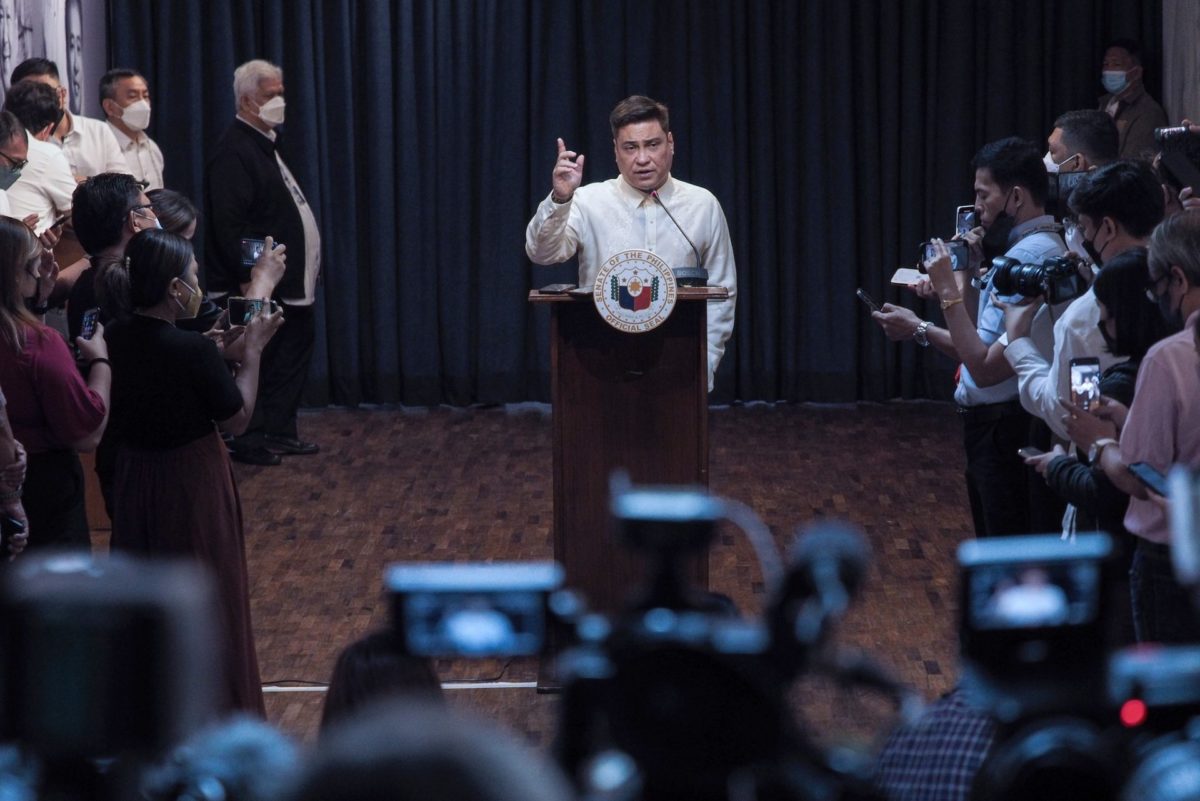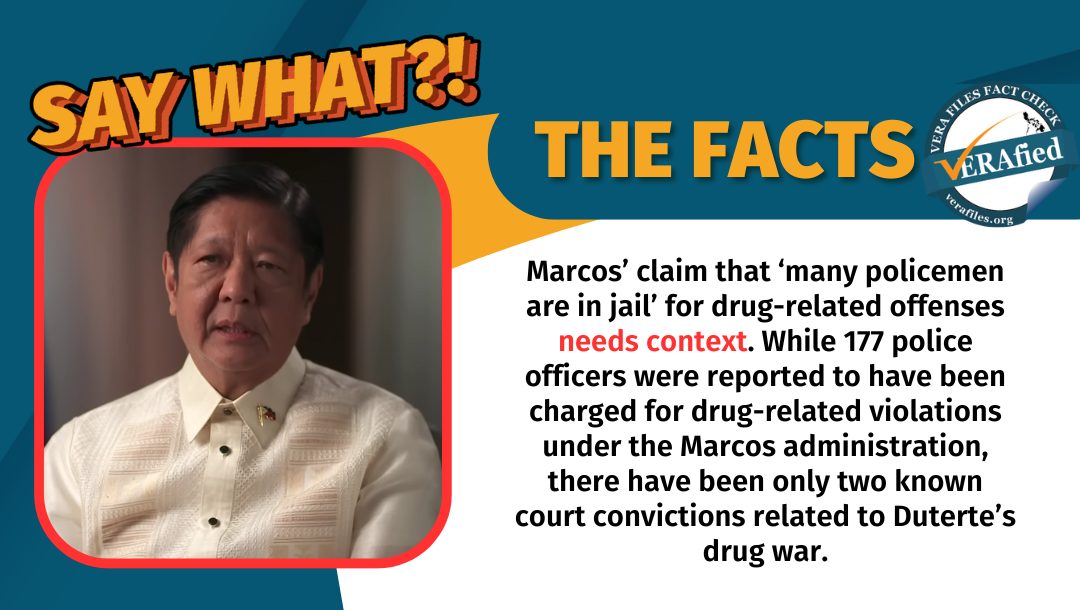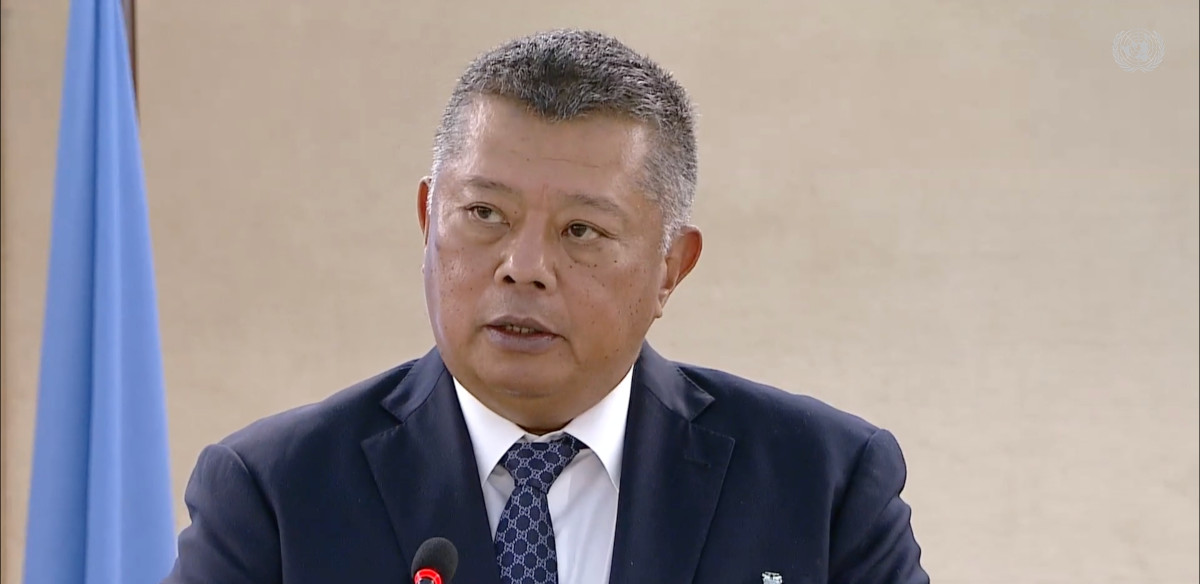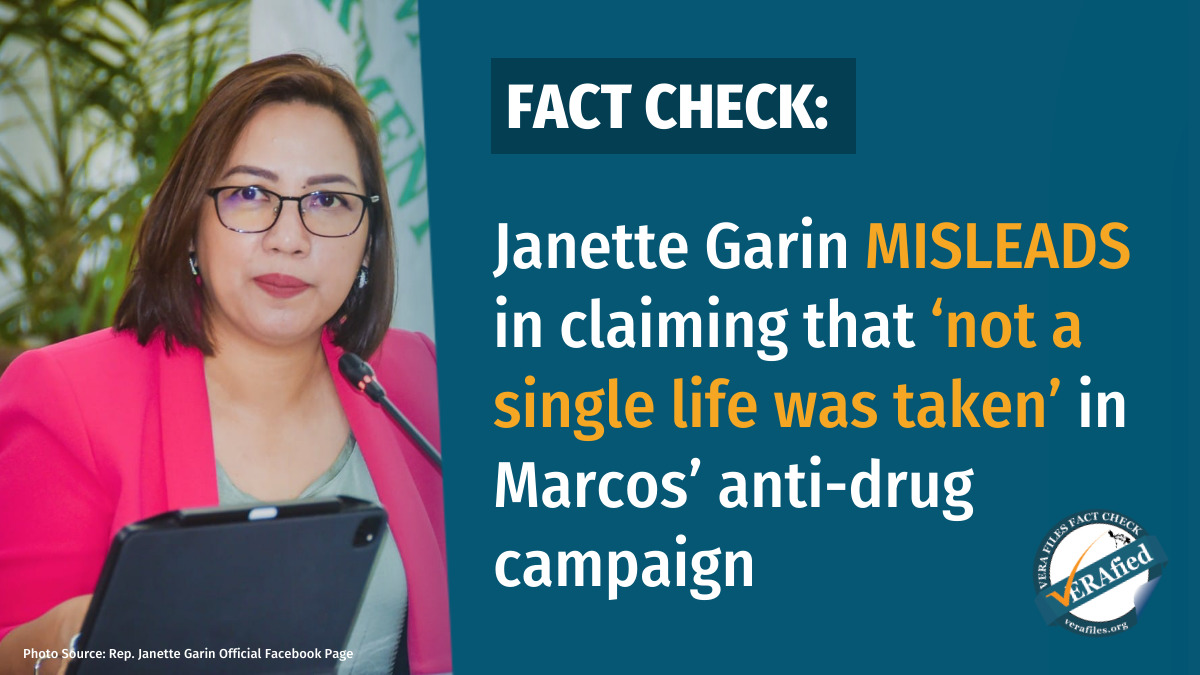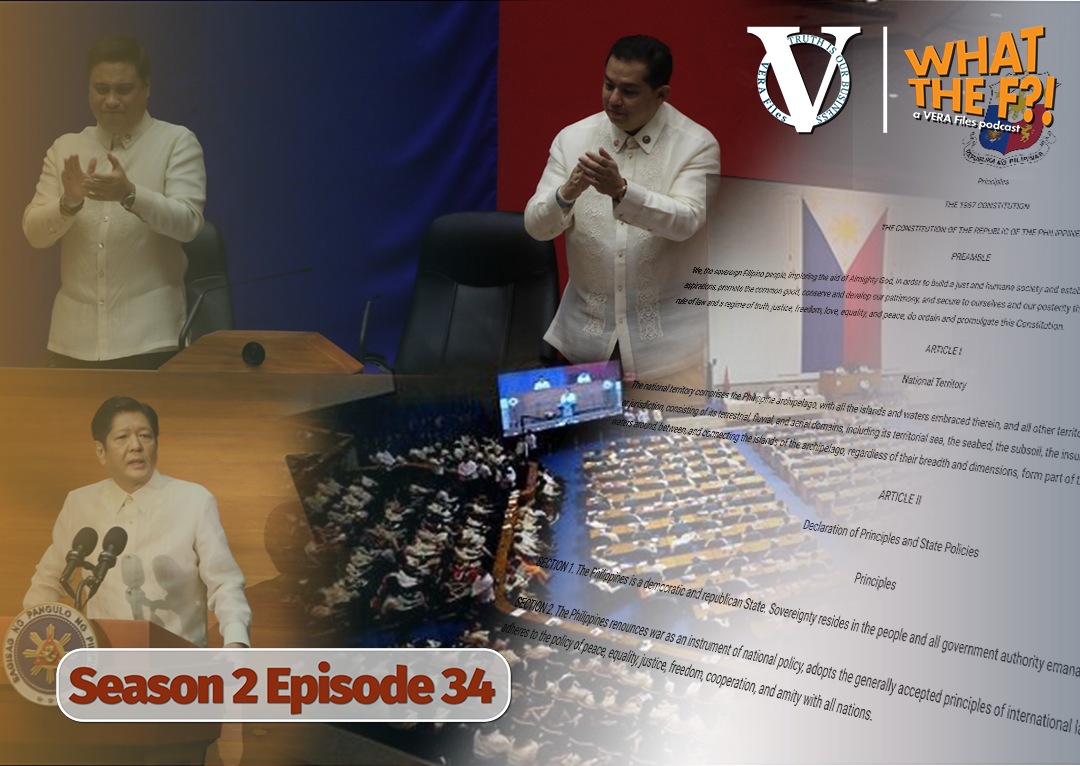Refuting the report of a United Nations (UN) committee about continuing extrajudicial killings in the Philippines, Senate President Juan Miguel Zubiri said he has not heard nor seen any killings, particularly of suspected drug pushers, under the new administration.
Reports from the police and media, however, show otherwise as killings related to the drug war persist.
STATEMENT
During a Nov. 7 press briefing, Zubiri, an ally of President Ferdinand Marcos, said it was “unfair” that the UN Human Rights Committee, a panel of independent human rights experts, noted in its Nov. 3 report the alleged persistence of extrajudicial killings and other human rights violations in the country. He dismissed the alleged human rights violations, including the drug-related killings, as “an old issue.”
He said:
“When we went to [the] EU [European Union], they discussed a bit of human rights but we told them, it is the new administration, there’s a new policy. The president said maximum tolerance when it comes to human rights …”
Source: Senate of the Philippines, Senate President Juan Miguel “Migz” Zubiri’s Press Conference (transcript), Nov. 7, 2022, watch 00:16 to 00:26
The Senate president continued:
“So as you can see, wala naman akong nakikitang namamatay … Unless may namatay na drug pusher, eh wala naman ako naririnig. Kaya nga nagalit na nga ‘yung previous administration, ba’t humihina na (ang kampanya laban sa droga).”
(So as you can see, I don’t see anyone getting killed … Unless a drug pusher has died, but I don’t hear about it. The previous administration is getting angry, [the campaign against drugs] is weakening.)
Source: watch from 00:40 to 00:55
FACT
Contrary to Zubiri’s claim, the Philippine National Police reported on Nov. 14 that 46 deaths occurred in 18,505 anti-drug operations since the Marcos administration assumed power on June 30. The police claimed the 46 individuals killed were suspects who resisted arrest.
For its part, the Third World Studies Center in the University of the Philippines, through its drug war killings monitoring project called Dahas, attributed the deaths of 127 Filipinos to the anti-drug campaign under the Marcos administration, as of Nov. 7. Seven persons were killed in various parts of the country from Nov. 1 to 7, including four in Davao del Sur alone.
BACKSTORY
In its Nov. 3 report, the UN Human Rights Committee expressed concern over reported human rights violations in the country such as extrajudicial killings and curtailment of the freedom of expression. It urged the government to stop the extrajudicial killings of suspected drug pushers and users and prevent attacks against human rights defenders and journalists, citing the murder of broadcaster Percival “Percy Lapid” Mabasa.
The human rights record of the Philippines has been under international scrutiny even before the Marcos administration took over in July.
Under former president Rodrigo Duterte, a group of UN human rights experts called for an international investigation into the human rights situation in the Philippines. However, this was set aside when the UN Human Rights Council offered to provide technical assistance and capacity building for the Philippines to fulfill its human rights obligations and commitments. (See UN body offers technical aid to Duterte admin to improve PH human rights situation)
Rampant killings under the Duterte administration’s war on drugs have led to an investigation by the International Criminal Court into what it called crimes against humanity. (See ICC authorizes full-blown probe into Duterte’s drug war)
Deviating from the bloody drug war under Duterte, Marcos said he would pursue a “holistic approach” in dealing with the country’s drug problem such as educating the youth on the dangers and providing a cure for drug addiction, but vowed to continue the crackdown on high-value targets and big-time traffickers.
Have you seen any dubious claims, photos, memes, or online posts that you want us to verify? Fill out this reader request form.
Sources
Senate of the Philippines, Senate President Juan Miguel “Migz” Zubiri’s Press Conference (transcript), Nov. 7, 2022
Daily Tribune, ‘LUMANG TUGTUGIN NA YAN’, Nov. 7, 2022
United Nations Office of the High Commissioner for Human Rights official website, Concluding observations on the fifth periodic report of the Philippines*, Nov. 3, 2022
United Nations Office of the High Commissioner for Human Rights official website, Human Rights Committee, Accessed Nov. 13, 2022
Office of the Press Secretary official website, PBBM admin’s ‘holistic approach’ vs. illegal drugs gaining momentum – Office of the Press Secretary, Nov. 15, 2022
University of the Philippines Diliman-Third World Studies Center, Nov. 1 to 7 report, Nov. 10, 2022
Dahas official Twitter account, Dahas (@DahasPH), Accessed Nov. 13, 2022
United Nations Office of the High Commissioner for Human Rights official website, Philippines: UN human rights experts renew call for an on-the-ground independent, impartial investigation, June 25, 2022
United Nations official website, A/HRC/45/L.38, Accessed Nov. 13, 2022
(Guided by the code of principles of the International Fact-Checking Network at Poynter, VERA Files tracks the false claims, flip-flops, misleading statements of public officials and figures, and debunks them with factual evidence. Find out more about this initiative and our methodology.)
